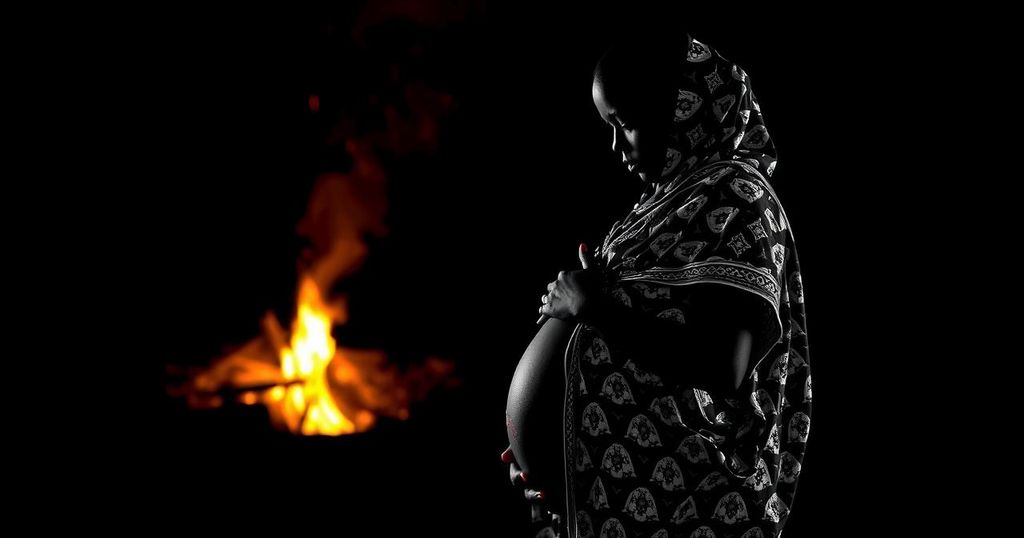Health Risks for Women Linked to Mining Pollution in DRC’s Kolwezi

A recent investigation highlights severe health risks faced by women in Kolwezi due to cobalt and copper mining. Testimonies indicate rising cases of reproductive health issues linked to pollution from mining activities. Despite awareness of these dangers, regulatory measures lag, emphasizing the urgent need for change in mining practices and women’s health protections in the DRC.
An investigation by Mongabay reveals alarming health risks faced by women in Kolwezi, Democratic Republic of the Congo, attributed to cobalt and copper mining. The industrial and artisanal extraction processes of these critical minerals result in severe pollution affecting reproductive health, including birth defects and stillbirths. Local testimonies from healthcare workers and residents indicate a concerning increase in these health issues, though definitive studies are still forthcoming. Research highlights high radiation levels in mining areas and acidifying industrial waste contaminating local water sources. Such conditions particularly endanger female artisanal miners, who often lack protective measures and handle hazardous materials directly. Despite awareness of these risks, regulatory action remains insufficient, with corruption and ineffective management hampering health and safety improvements. Numerous women participate in the mining economy by purchasing and reselling minerals, indicating a complex interplay between economic necessity and health risks. The ongoing health crisis in Kolwezi poses significant questions for the future of both community health and environmental safety. The investigation brings to light the precarious position of women in mining regions worldwide, necessitating urgent action to address these health concerns and ensure better mining practices.
The Democratic Republic of the Congo (DRC) is a significant player in the global cobalt and copper markets, primarily driven by the demand for battery materials in electric vehicles and renewable energy technologies. However, the mining industry, particularly around Kolwezi, is plagued by environmental hazards that disproportionately affect women’s health. Numerous studies suggest that mining activities have led to severe pollution of local water sources and the presence of toxic materials within the ores, raising alarms about their reproductive health implications. Women representing a substantial workforce in artisanal mining regions often endure unsafe working conditions and exposure to hazardous substances with dire consequences for their health and the health of their children.
The investigation into mining practices in Kolwezi underscores a critical public health crisis exacerbated by industrial pollution. Women in this region face heightened risks to their reproductive health, compounded by systemic issues of regulatory neglect and corruption. As the demand for cobalt and copper continues to rise globally, it is imperative that stakeholders address these health risks through improved mining regulations and community support initiatives. The testimonies gathered reveal not only immediate health concerns but also the broader social and economic challenges faced by women in mining communities.
Original Source: news.mongabay.com






